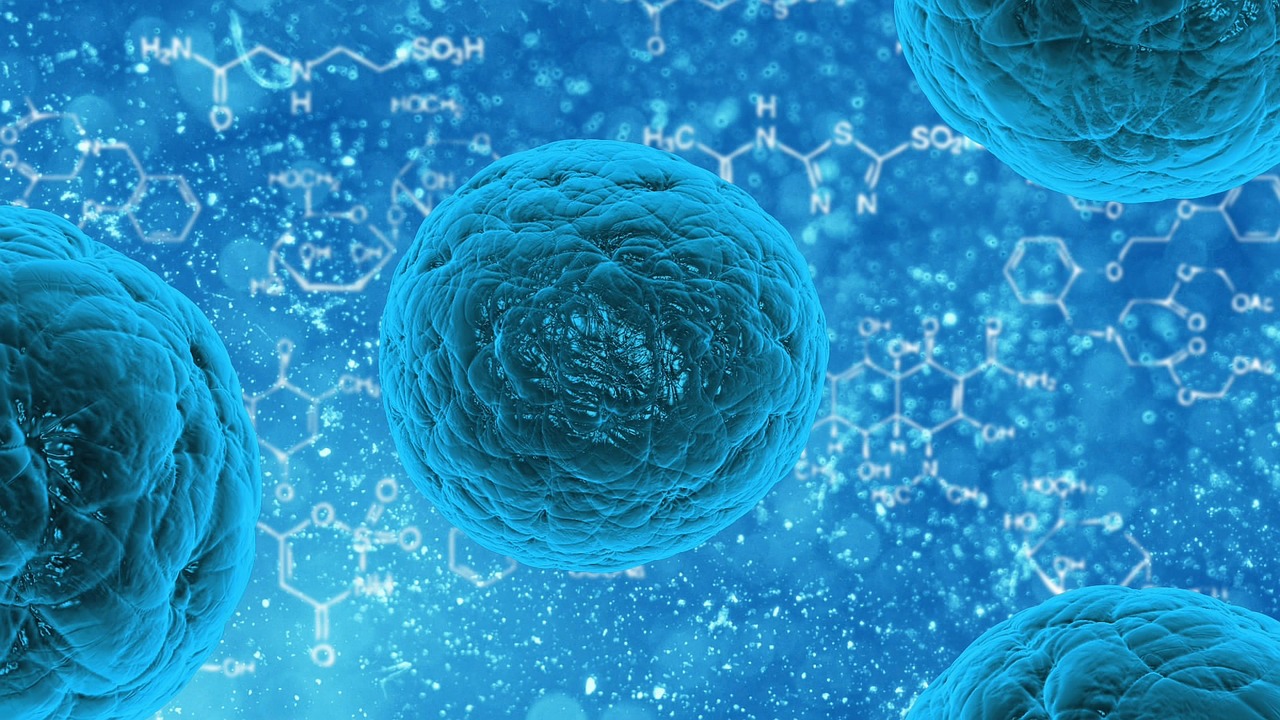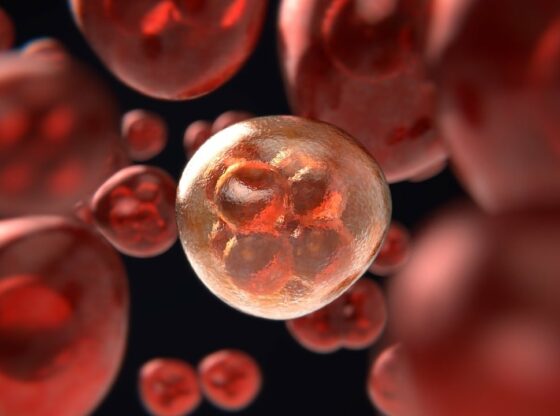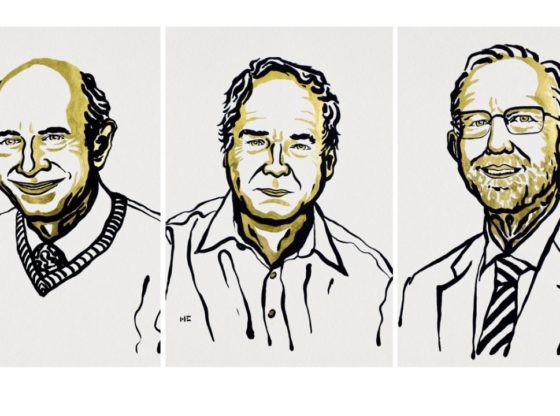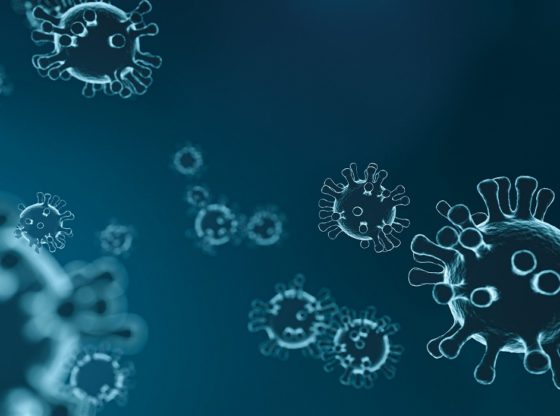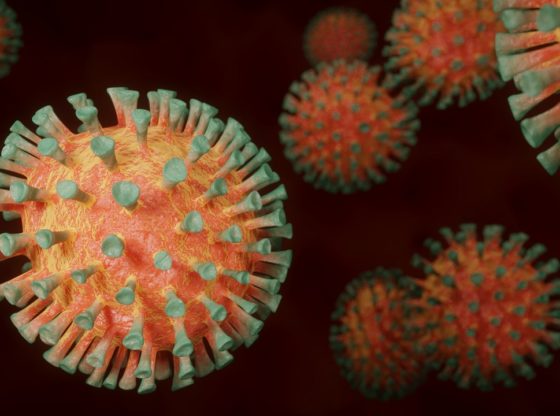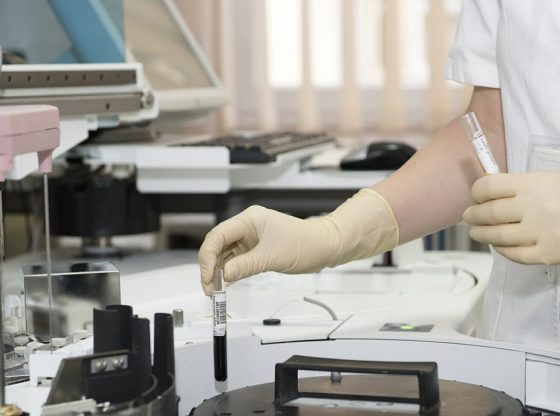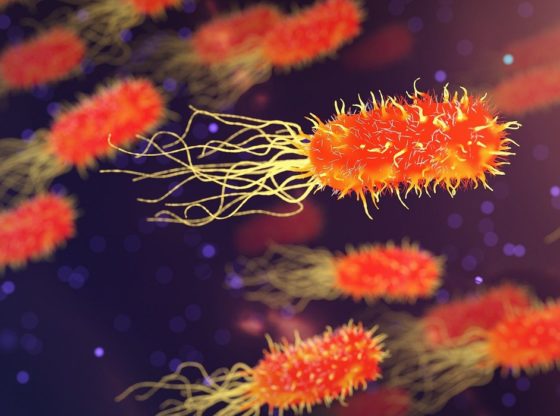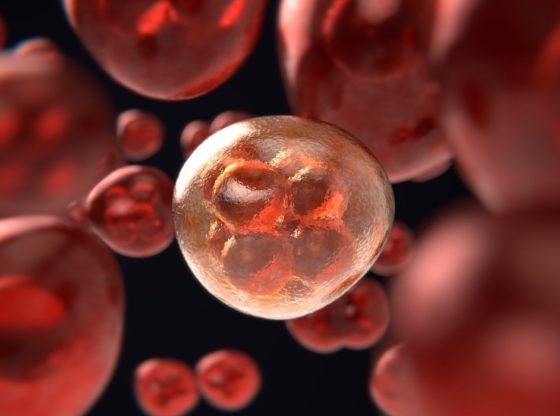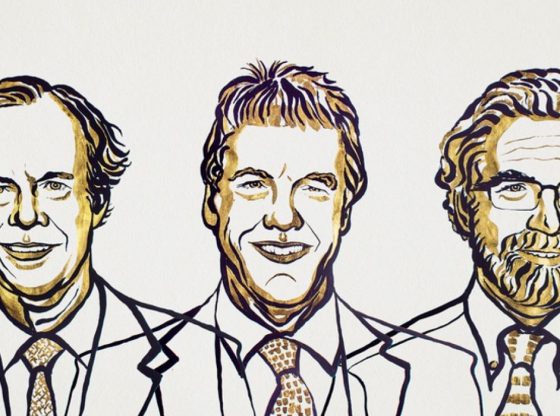Two-thirds of all mutations that cause cancer are the results of random events – that no one can avoid. This, according to new research using cancer data collected from all over the world over many years.
There are two major causes of cancer according to the traditional view: inherited genes and the environment. But mutations also arises as a result of random events in the cellular machinery, due to random DNA copying errors.
The tissue is renewed by stem cells copying DNA and divide. Each new copy, however, contains an average of three mutations. The vast majority of mutations have no effect at all, but in rare cases, they lead to cells starting to divide uncontrollably, hence cancer is a fact.
This type of copy error is the cause of two-thirds of all mutations that lead to cancer, according to new comprehensive research by scientists working at the Johns Hopkins Kimmel Cancer Center, in the United States.
The research team analyzed cancer registries collected from 69 countries with data on tumors of 4.8 billion people. In addition, the researchers also studied mutations by scanning the genes of tumors, taking a closer look at the mutations that drive abnormal cell growth among 32 cancer types.
They then developed a new mathematical model using DNA sequencing data from The Cancer Genome Atlas and epidemiologic data from the Cancer Research UK database.
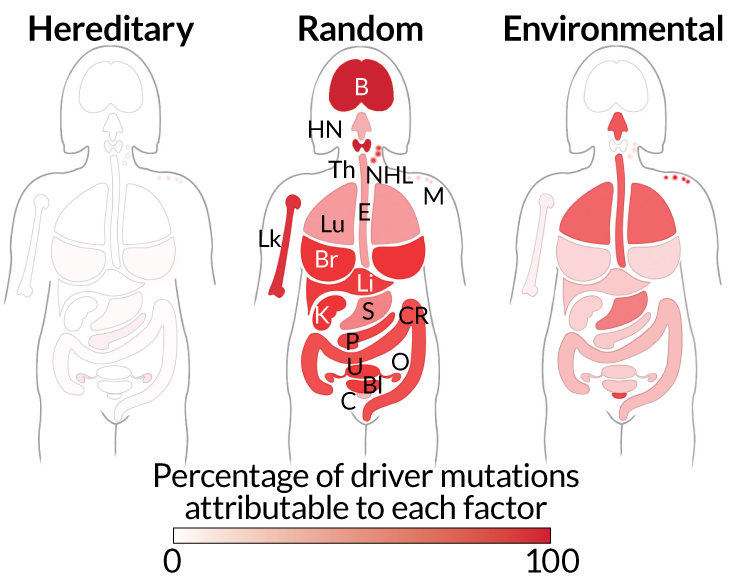
The mathematical model show, for example, that the cause of pancreatic cancer due to random DNA copying errors is 77 percent, 18 percent by environmental factors, such as smoking, and the remaining 5 percent is heredity.
Across all of the 32 cancer types studied, the researchers estimate that 66 percent of cancer mutations result from copying errors, 29 percent can be attributed to lifestyle or environmental factors, and the remaining 5 percent are inherited.
“We hope that this can be a comfort to the millions of people affected by cancer, even though their lifestyle has been almost perfect”
– Bert Vogelstein, cancer researchers at Johns Hopkins Medical School.
Vogelstein stresses that everyone can reduce their risk of cancer by not smoking, sunbathing in moderation, eating healthy and otherwise adhere to a healthy lifestyle. But it will never be enough. Therefore, he is calling for more research on new ways of early tumor detection.
The research paper has been published in the journal Science.
Reference:
Cristian Tomasetti1, Lu Li, Bert Vogelstein Stem cell divisions, somatic mutations, cancer etiology, and cancer prevention Science 24 Mar 2017: Vol. 355, Issue 6331, pp. 1330-1334 DOI: 10.1126/science.aaf9011

